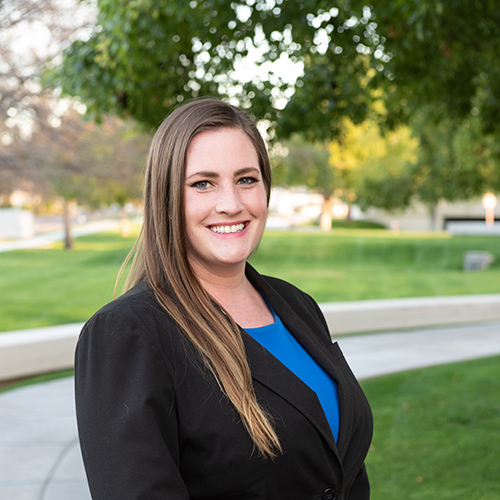Paternity
Paternity is the legal process of establishing the paternity of a child. A paternity action cannot be filed until after the child is born and can be initiated by either the parent of the child.
Once a Paternity action is filed, the opposing party is served the Petition for Paternity and accompanying documents; including a Preliminary Injunction and that you both attend a court-approved parenting program class. After being served, you are required to respond within twenty (20) days unless you reside outside the State of Arizona. In that case, your response would be due in thirty (30) days.
In a paternity action, one party may only seek to have the paternity of the child established to obtain child support. The Court in this situation would only establish child support unless either party requests other orders such as legal decision-making and/or parenting time be addressed.
If you are served a Petition for Paternity and do not respond, the Court can default you and order anything the Petitioner has requested. It is important to file some type of response even if the other party is telling you they will take care of it. Your failure to address your own case can result in default.
Even if you and the other party agree on child support or parenting time or decision-making, it is always best to get an agreement and/or parenting plan in writing. As the years go by, people change and start new relationships requiring various changes. Oftentimes, terms are modified up until the time the child(ren) turn 18 and/or graduate from high school.
If paternity is established, it is hard to overturn. There is a limited time to act if paternity was established improperly. After that brief deadline, even if the parent is not the biological parent, the Court may establish paternity and child support. This means that parents can be obligated to support a child due to his or her failure to act after service.
Terms in paternity cases
Legal Decision-Making (“LDM”)
In a paternity case, the Court has to determine who will have legal decision-making (previously called custody) of the parties’ children. One person could be awarded sole LDM or the parties could be awarded joint LDM. Legal Decision-Making is the ability to make educational, religious, and medical decisions for the child.
Parenting Time
The Courts in any action concerning children have to award both parties parenting time with the child(ren). There are many times of Parenting Time schedules. Some people prefer every other weekend and some holidays; others prefer an equal parenting time plan. There are several versions including of 50/50 time with a week on/week off schedule, a 4/3/3/4 or 2/2/3 schedule. Every family is different. The parenting time schedule does not automatically define legal decision-making.
Child Support
Child support is calculated based on Arizona guidelines. It is different in every case and sometimes people think that they are paying different child support than their friend or cousin. It is based on each party’s income, parenting time, child care, and medical insurance costs.
Lying-in expenses
The Court will order the parties to pay certain costs for Mother’s lying-in expenses (medical expenses incurred for the birth of the child) after Mother provides proof of same.
DNA Testing
Upon request of either party or upon the Court’s own motion, the Court can order both parties and the child to submit to genetic testing to determine parentage.
Medical Insurance
The Court will determine which party will be responsible for covering the child(ren)’s medical, dental and vision costs. The party response will receive a credit in the child support calculation.
Tax Exemption(s)
The Court will determine who will receive the income tax exemption(s) for the child(ren) and how often, based on income.
Brittany Labadie is the Managing Partner at Lewis Labadie. She has been working with Lewis Labadie since it opened. Her current focus is with adoption cases, including juvenile adoptions, adult adoptions, foster care adoptions, same-sex adoption, surrogacy adoptions, and when necessary termination of parental rights. She works throughout the State of Arizona.




